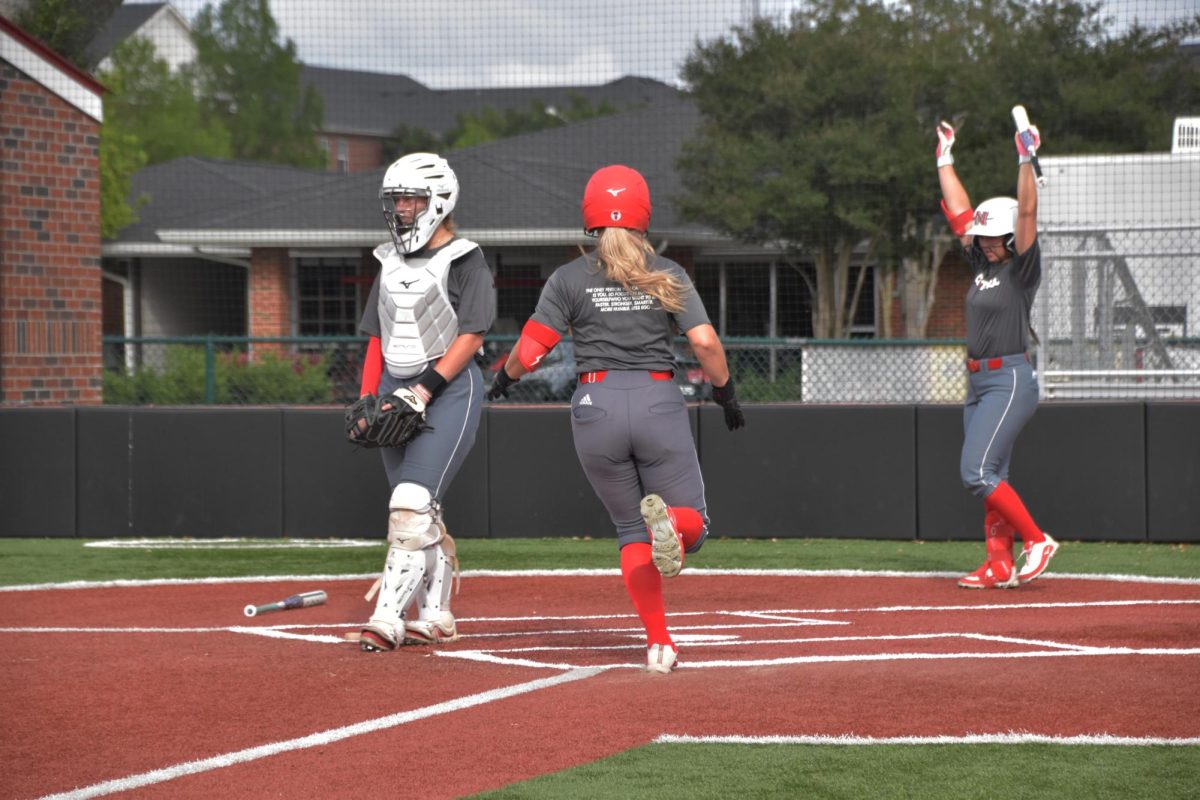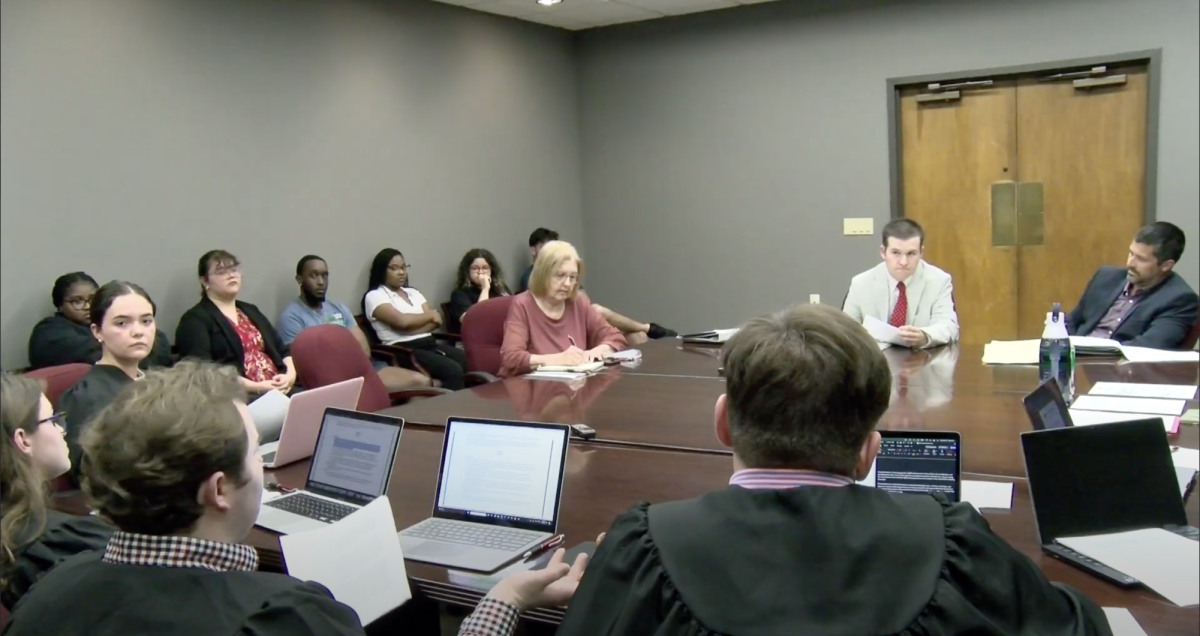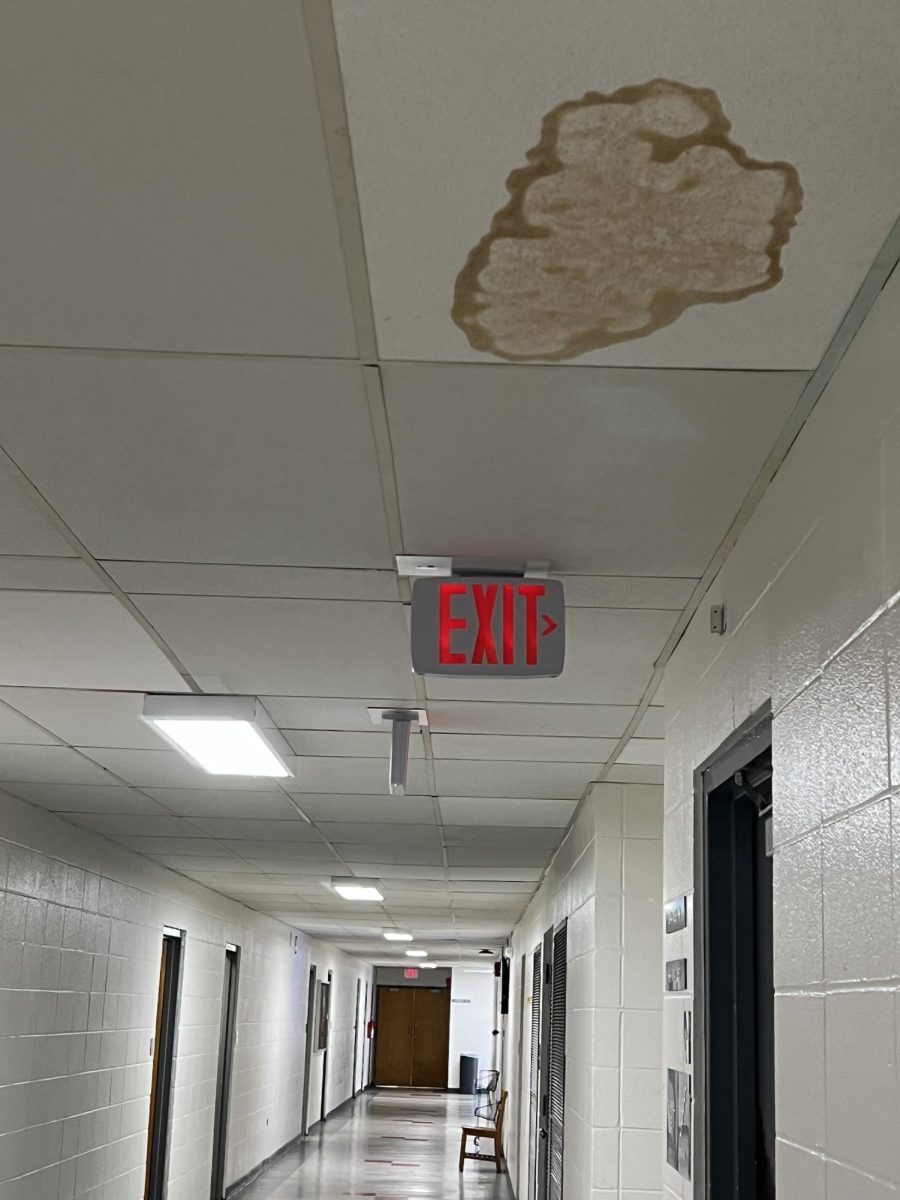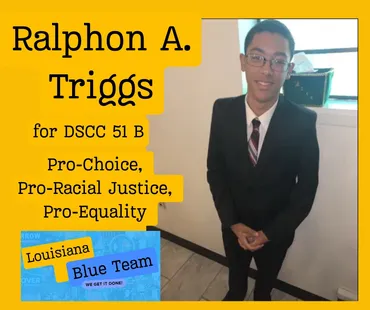The presidential debates give President Barack Obama and Republican Nominee Mitt Romney the opportunity to voice their opinions in hopes of winning the undecided public’s vote at the Nov. 6 election.
The first presidential debate of 2012 broke a 32-year record with 67.2 million viewers, according to Nielsen TV ratings, and over 51.4 million watched the vice presidential debate last week between Vice President Joe Biden and Congressman Paul Ryan.
With an increase in viewership, undecided voters rely on information discussed in the debates when they cast their votes at the polls.
The free flow of information between each candidate has offered the platform for both candidates to present information that is appealing but not always true.
Alex Altman, Washington correspondent for Time Magazine, said both campaigns have committed to honesty but have played the American people for fools through the use of factual and false information.
“Both of the men now running for the presidency claim that their opponent has a weak grasp of the facts and a demonstrated willingness to mislead voters,” Altman said.
The role of fact checkers during this presidential campaign has increased to help the American public decipher the facts and possible deceptions presented by each candidate.
Paul Wilson, history department head, said fact checkers are important to the political process to decipher the details of policy proposals and help gauge the degree of accuracy.
Although some facts may be true, the context and wording delivered by candidates can be altered to make them seem more favorable to the public.
“We all know candidates are going to say what they think will allow them to win,” Wilson said. “Their main job is to get votes so they will express opinions that most Americans believe.”
The Obama Campaign reported, “After a decade of decline, this country has created over half a million new manufacturing jobs.”
While the statement is true, fact checkers said the reality of the situation is that the United States has lost close to a million manufacturing jobs since 2009. Although the job market has gained about half of those jobs back, fact checkers said Obama’s reported number is misleading without context.
To combat Obama’s efforts with job opportunities, Romney said, “I have a plan to create 12 million new jobs.”
Fact checkers discovered Romney’s statement is misleading since regardless who wins the presidential election, independent economic forecasters predict the U.S. economy will gain close to 12 million jobs within the next four years.
While both candidates have expressed interest to decrease the unemployment rate and create job opportunities, each have a different approach.
Romney expressed his plan in the debate to improve unemployment rates in the U.S. by marketing American business in the competitive global economy. His plan would create opportunities for American goods and services around the world with agreements that create fair opportunities for Americans and foreign markets.
Romney said during his campaign, “President Obama told America that if Congress approved his plan to borrow nearly a trillion dollars, he would hold unemployment below 8%.”
Although fact checkers discovered Obama never made that statement, Romney’s campaign pulled the misleading information from economists who predicted a large stimulus might have the same effect.
Obama’s plan to combat unemployment differs from Romney’s plan since he focuses on developing key areas in rural communities to expand job searches and training in America.
The Obama Campaign reported that America needs an economy “not built on outsourcing, loopholes and risky financial deals that jeopardize our entire economy and threaten the security of the middle class.”
While both sides might argue that their opponent’s plans may not work, known facts and faults contribute to the campaign’s ability to twist the truth and exaggerate what is made known to the public.
Altman said the process to decide which candidate is telling the truth lies within the American people,
but there are no consequences when a candidate tells a lie.
“Voters just show less and less interest in punishing those who deceive,” Altman said. “No matter their ideology, many voters increasingly inhabit information bubbles in which they are less likely to hear their worldview contradicted.”
Tune into the final presidential debate on Oct. 22 and become a fact checker to determine true and false claims from each candidate.












